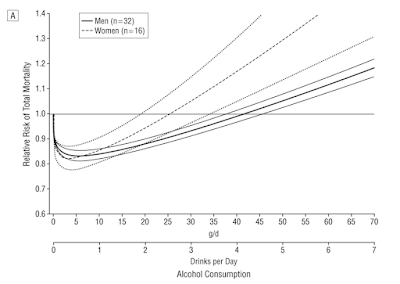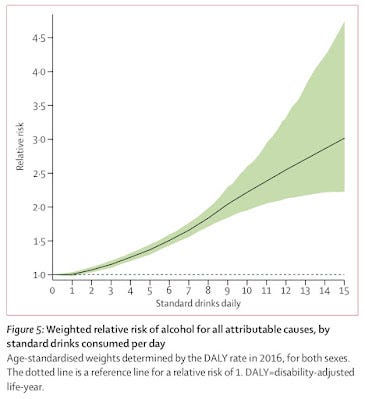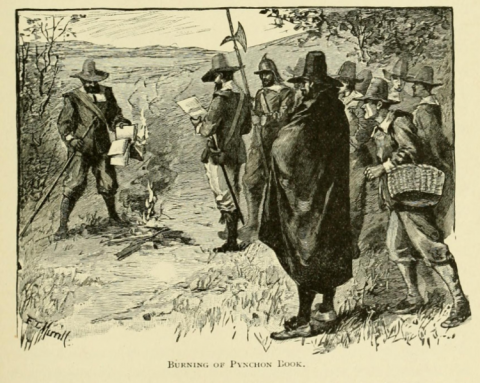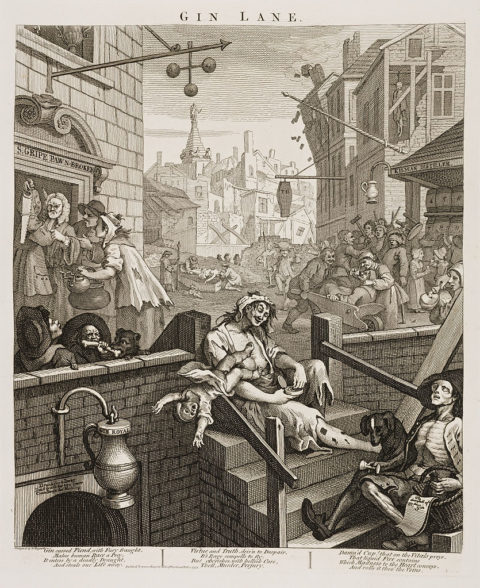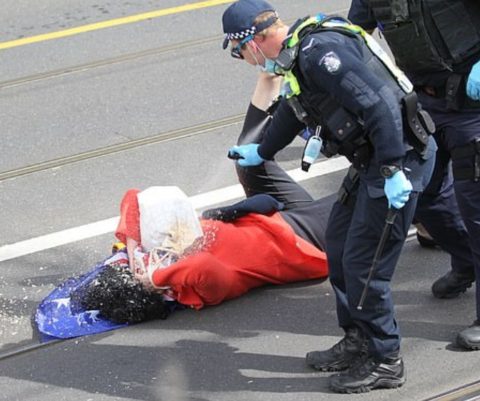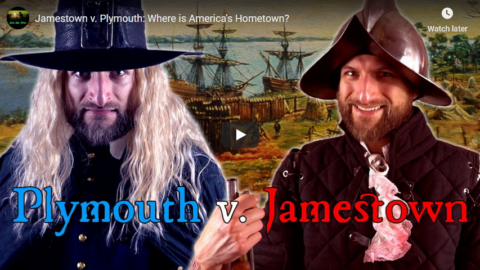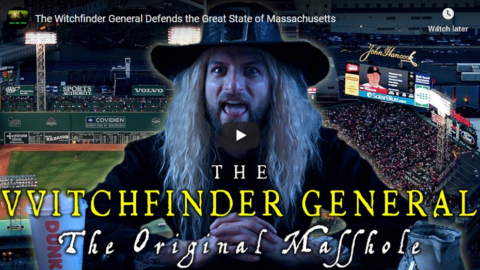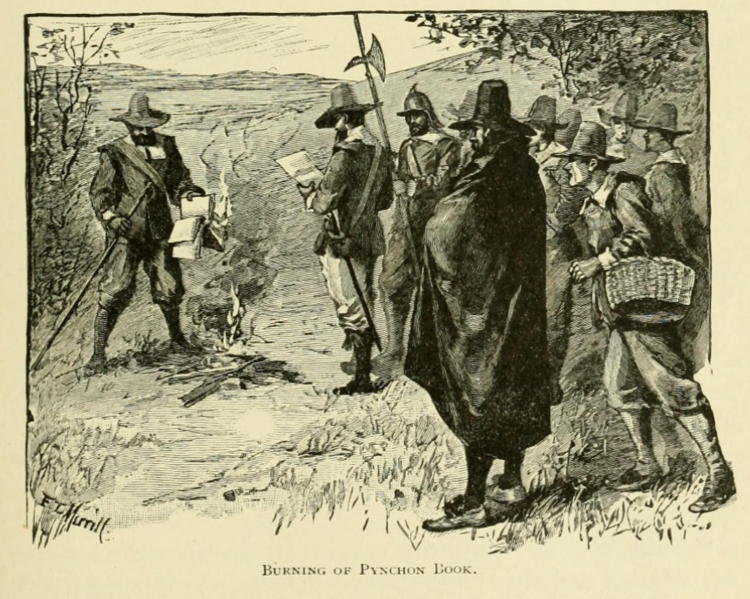In Spiked, Andrew Doyle discusses the reactions to his announcement that he was writing a book about the ongoing culture wars:
My new book is about intolerance. I am fascinated by those who prefer only to associate with people who share their own identical worldview, and who interpret the slightest point of political disagreement as evidence of evil. The new religion of group identity and “social justice” has driven once rational people into a state of frenzied bigotry. I want to understand why.
So, back in May, when I announced I was working on a book called The New Puritans, I wasn’t all that surprised to see so many self-proclaimed advocates of “social justice” rush to demonstrate the very phenomenon that I was attempting to explore. Some suggested that they would acquire copies only to burn them. One said that he intended to kick it under the bookshop shelf “so that it could rot in darkness”. Another simply declared that I was “pure scum”. Were any of these people aware that they were proving my point?
Byline Times even claimed that I was waging “a perpetual battle against social justice – fighting against a contrived present world of aggressive ‘woke snowflakes’ in order to return to an imagined past”. This was news to me, given that my book is a defence of progressive and liberal values, and it explicitly criticises those who resort to the “snowflake” slur. I particularly enjoyed the suggestion that my book was an example of someone imagining enemies into existence in order to fight them. It takes some chutzpah to make such a claim of a book you haven’t actually read.
It would seem that the title alone – The New Puritans: How the Religion of Social Justice Captured the Western World – was enough to stir the ire of these culture warriors. In a sense, this is unsurprising. One of the key aspects of this ideological movement is that its adherents treat all challenges as a form of heresy that must be quashed. For all that they like to smear their detractors as “bigots”, they forget that the main definition of the word – “a person who is utterly intolerant of any differing creed, belief or opinion” – applies most accurately to themselves.
Why is it, for instance, that JK Rowling can be so routinely monstered as “hateful” and “transphobic” despite having never said anything hateful or transphobic? Only this week, the Harry Potter author found herself in an exasperating Twitter exchange with someone claiming she had been “outwardly hateful of an entire community”. Rowling quite rightly asked for evidence, to which her detractor replied: “I don’t know where you said it, but I bet you do.” For those taking part in the witch-hunt, the total lack of evidence is simply an inconvenience to be brushed aside.
This is why my book draws comparisons between the hysteria of the “woke” movement and the witch hunts of Salem in the late 17th century. In a burst of collective madness that lasted a little over a year (from February 1692 to May 1693), 20 people were executed for witchcraft on the basis of the testimony of local girls. All of the prosecutions were secured on the basis of “spectral evidence” – what today we might call “lived experience”. The girls simply declared that they had seen these innocent people sign the devil’s book, or that they had been “sending out their spirits” to torment people. This was their “truth”, and so it had to be believed.


